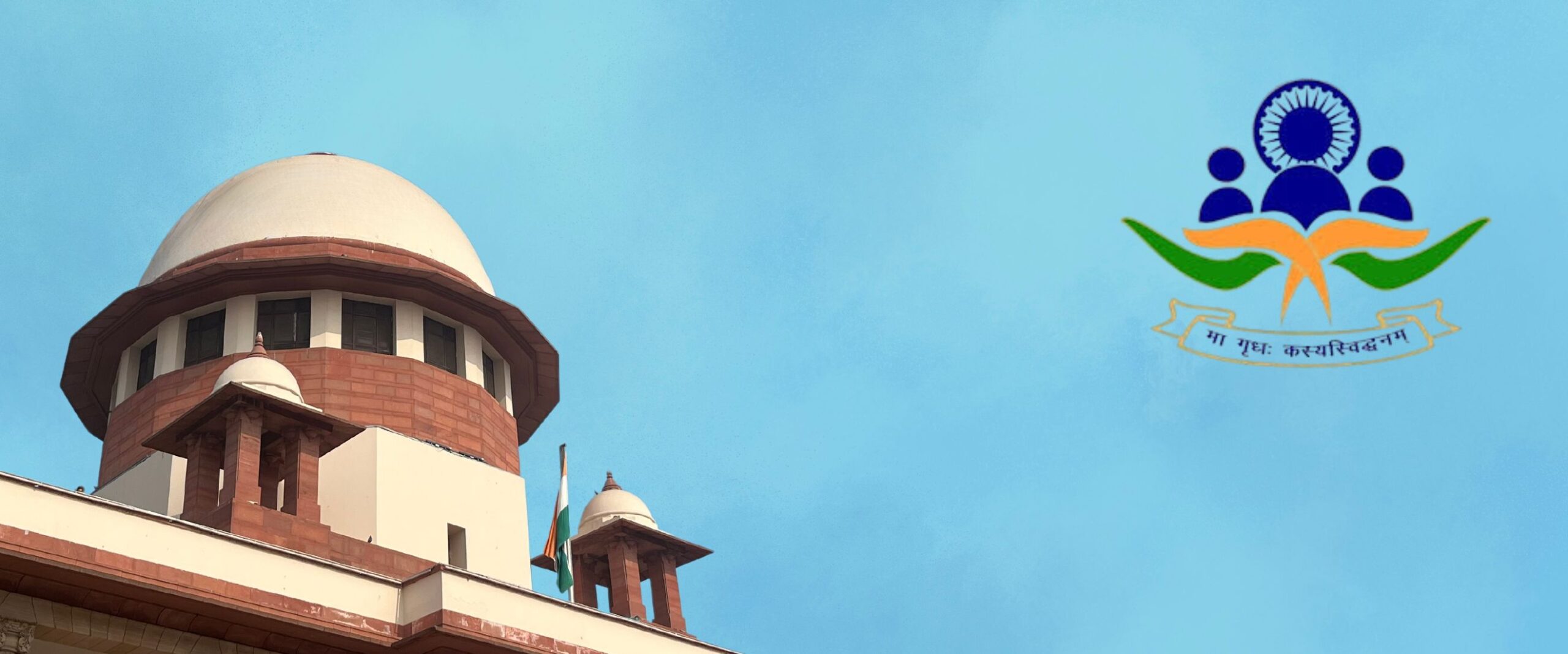Analysis
Can the Lokpal probe complaints against High Court judges?
The top court stayed a Lokpal Order which held that judges of HCs established by Acts of Parliament could be investigated by the Lokpal

On Thursday, 20 February 2025, a Special Bench of Justices B.R. Gavai, Surya Kant and A.S. Oka assembled to deliberate upon a recent Order by the Lokpal. Controversially, the seven-member Lokpal bench, headed by former Supreme Court judge A.M. Khanwilkar, held that sitting judges of high courts established through Acts of Parliament fell under the purview of the Lokpal and Lokayuktas Act, 2013.
“It is something very, very disturbing,” Justice Gavai remarked during the proceedings on Thursday. The Supreme Court had taken suo moto cognisance of the issue the previous day.
A facet of Article 32, suo moto jurisdiction is invoked when the Court takes up a case on its own motion, without a formal petition. The top court has exercised this power in matters of public interest, fundamental rights violations and in matters demanding immediate judicial intervention.
The complaint before the Lokpal was filed against an Additional Judge of a High Court (the name of the judge and the High Court have been redacted in the Lokpal’s Order). It was alleged that the judge had influenced two other judges (an Additional District Judge and another judge of the same High Court) to rule in favour of a private company, allegedly a former client of the Additional Judge.
The Order
In its Order, the Lokpal held that judges of high courts established by an Act of Parliament fall within its jurisdiction. The Order noted:
“We make it amply clear that by this order we have decided a singular issue finally—as to whether the Judges of the High Court established by an Act of Parliament come within the ambit of Section 14 of the Act of 2013, in the affirmative. No more and no less. In that, we have not looked into or examined the merits of the allegations at all.”
Section 14 of the Lokpal Act lays down the jurisdiction of the Lokpal. It specifies the people against whom complaints can be filed. This includes the Prime Minister, other Ministers, members of Parliament, other central government officials and public servants.
The Order also referenced an earlier Order from 3 January, which dismissed a complaint against former CJI D.Y. Chandrachud. The crux of that Order had focused on whether a sitting Chief Justice or a judge of the Supreme Court fell under the Lokpal’s jurisdiction under Section 14 of the Lokpal Act.
Rejecting the complaint, the Lokpal had held that the Supreme Court did not fall under the ambit of the word ‘body’ employed in Section 14(1)(f) as it is established by Article 124 of the Constitution and not by an “Act of Parliament”.
In the present case, the Lokpal justified its jurisdiction because the Additional Judge is from a High Court which was established by an Act of Parliament. “It will be too naive to argue that a Judge of a High Court will not come within the ambit of the expression ‘any person’ in clause (f) of Section 14(1) of the Act of 2013…The expression must include a Judge of the High Court established by an Act of Parliament as well,” the Order read.
The Veeraswamy verdict
In 1991, a five-judge Constitution Bench in K. Veeraswamy v Union of India had held that a judge of any court is a public servant under the Prevention of Corruption Act, 1988.
The judgement also stated that when a complaint is filed against a judge or Chief Justice of a High Court or a judge of the Supreme Court, the Chief Justice of India must be consulted before a criminal complaint is “registered” against such a judge:
“In order to adequately protect a Judge from frivolous prosecution and unnecessary harassment the President will consult the Chief Justice of India who will consider all the materials placed before him and tender his advice to the President for giving sanction to launch prosecution or for filing FIR against the Judge concerned after being satisfied in the matter.”
Acknowledging the Constitution Bench decision, the Khanwilkar-headed Lokpal bench forwarded the complaints in the present case to the Chief Justice of India for his consideration. It also directed that further “consideration” on the complaints be deferred for four weeks from the date of the Order, “keeping in mind the statutory time frame to dispose of the complaint in terms of Section 20(4) of the Act of 2013.”
Breaching jurisdiction?
The top court’s suo moto intervention was triggered by the Lokpal’s declaration that sitting High Court judges fall within its purview as “public servants.”
During the Special Bench hearing, Justice Oka stressed that “all judges have been appointed under the Constitution,” reinforcing that their status as constitutional authorities exempts them from falling within the jurisdiction of a statutory body like the Lokpal.
Senior Advocate Kapil Sibal urged the Court to stay the Lokpal’s Order. Solicitor General Tushar Mehta, appearing for the Union, also agreed that the Lokpal’s Order breached its jurisdiction. “A High Court judge would never fall under the ambit of Lokpal. I have judgements to show the same,” he said.
The bench stayed the Order on Thursday and issued notice to the Union, the Registrar of Lokpal and the complainant in the case. It also directed that the name and details of the complainant be kept confidential.
The case will be heard next on 18 March 2025.